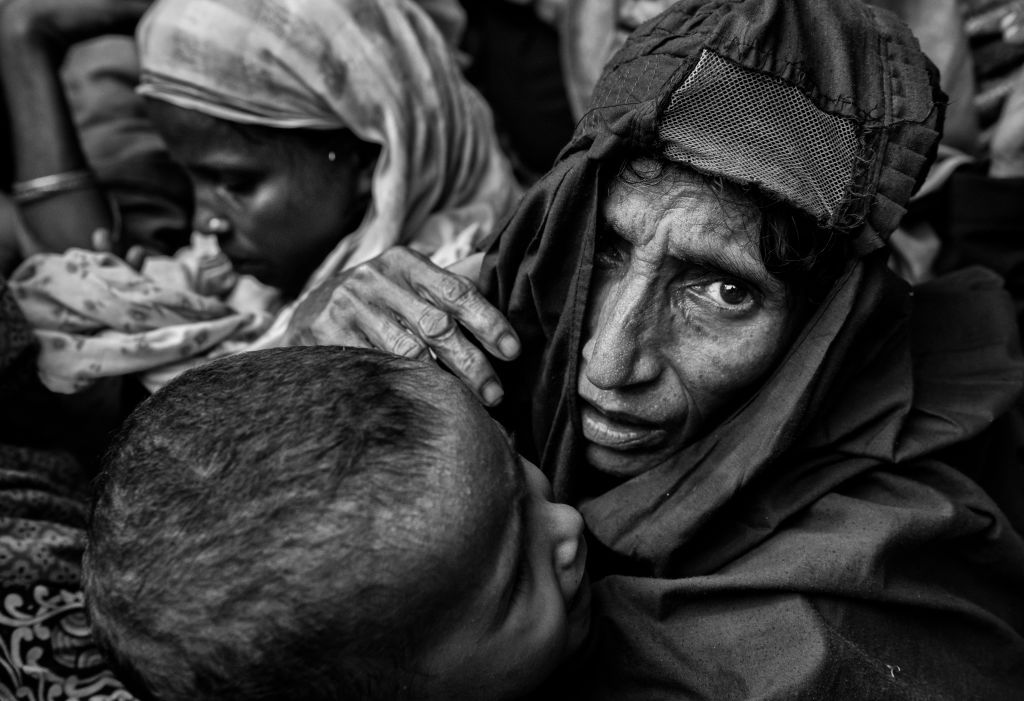I gather that one way in which the persecution of the Rohingya people was first advanced was by a decision of the Burmese government in the 1950s to insist on ethnicity being registered on official identity documents. This helped identify minorities to persecute them. Something similar happened in Rwanda in the days of Belgian colonial rule, when it was laid down that identity cards must state whether someone was a Hutu or a Tutsi. Such distinctions were, of course, part of the structure of the apartheid state in South Africa. It amazes me that we nowadays ask the ethnic question in our own census and other official records without thinking about this. Obviously our motives in collating the data are the opposite of the regimes I have mentioned, but history surely teaches that the formal, legal classification of citizens by ethnicity is a dangerous weapon for the state to possess.
 Charles Moore
Charles Moore
Ethnicity can be a dangerous weapon in the hands of the state







Comments
Join the debate for just $5 for 3 months
Be part of the conversation with other Spectator readers by getting your first three months for $5.
UNLOCK ACCESS Just $5 for 3 monthsAlready a subscriber? Log in